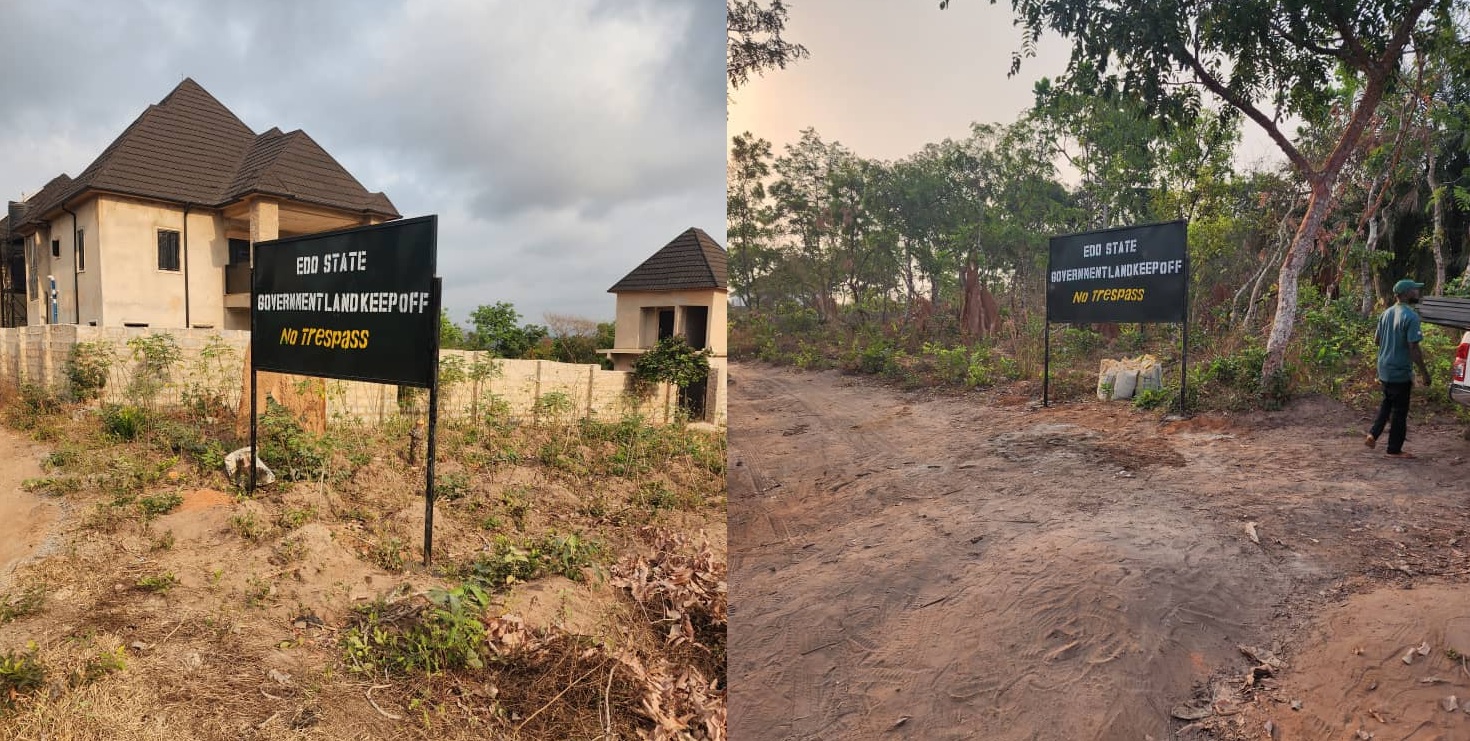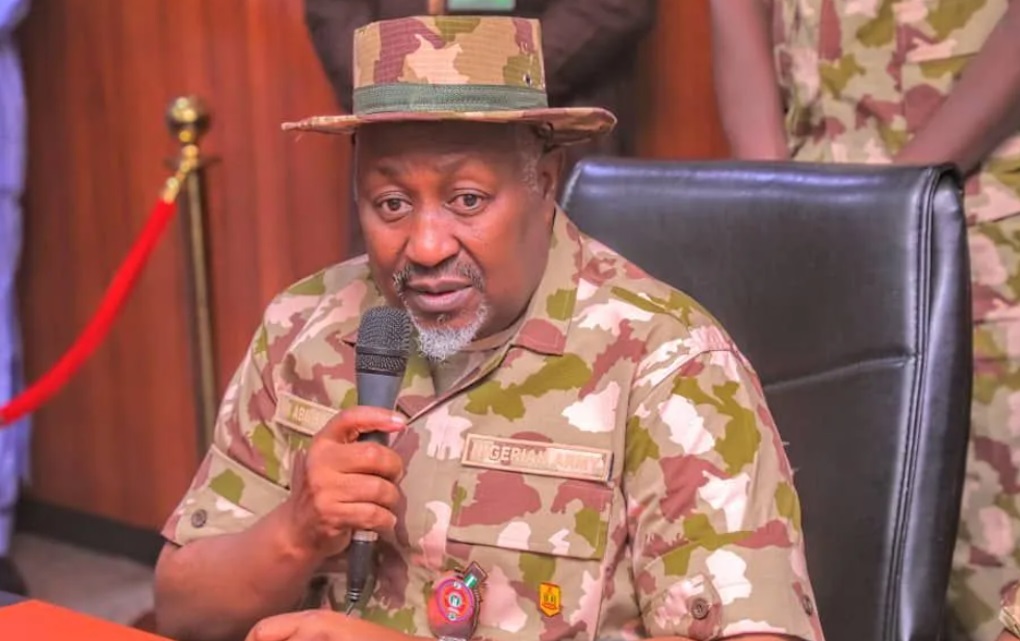News
Anambra motorists lament as petrol price hits N900

Motorists and commuters are feeling the pains of moving from one place to another due to the daily increase in the pump price of Premium Motor Spirit otherwise known as petrol.
The price of petrol has been fluctuating at various petrol stations across the state on a daily basis as of Friday, the price has suddenly rose to N900 at various petrol stations and N1,300 at black market.
Most petrol stations visited in the major cities of Onitsha, Ekwulobia, Nnewi and Awka, sold the product between N880 to N900 per litre while only NNPCL were seen selling below the N880, although with long queue of vehicles.
As a result of the development, transportation fares have remained unstable as it continued to soar increase, as commuters now pay far higher.
This, it was gathered has impacted negatively on the prices of communities especially foodstuffs as food vendors have also continued to hike their prices on the excuse of “high cost of transportation”.
Checks by our correspondent showed that in most cases, commuters were always stranded at the bus stops and motor parks as commercial drivers have resorted to only operate during peak hours in order to recoup the high amount of money they spent on fuel faster.
Speaking to our correspondent in separate interviews, some commercial drivers said that the current price of petrol has forced them to jerk up prices and also operate only peak hours of the day.
A commercial bus driver, Chinedu Obinwa, who plies the ever busy Upper Iweka-Nnewi routes, said “The situation is currently making life difficult for us, as we spend most of our earnings in repairing of vehicles and purchasing of fuel.
“As a result of this, most of us have resorted to operating only during peak hours so as to quickly recoup the money we spend on fuel. Drivers are now working for filling stations owners and spare parts dealers, from the little we make a day.
“The bulk of this money goes into into fixing of our vehicles and buying of petrol. Passengers no longer used to be much on the road as people are now restricting their movements due to high cost of transportation. There is no more money in transportation business, I hope government finds solution to tame this regular increment of petrol.”
A mini-bus driver, Ike Ebuka, also appealed to Federal Government to immediately fix its refineries, adding that if the refineries were working, the product will be more affordable by the common man.
“If we stop importing fuel and fix our refinery, buying fuel will be more affordable, better than what what we are currently buying it.
“We are now struggling with paying of our bills and up keep, passengers are no longer on the road as it’s used to be, the few ones will price life out of you.
“I don’t blame these set of passengers, the current economic hardship is telling on everyone, government should please, do something to help the masses.”
Also, a manager at a petrol station in Onitsha(name withheld) said, “We received a call from a sister petrol station yesterday (Thursday), informing us to suspend operations temporarily and be ready to adjust our meter to reflect the new price that the pump price has been quietly increased by the NNPCL.
“We did not sell fuel on Thursday because of the directive but by today(Friday), we were selling at N920 as we were instructed to do. Our action depends on the signals we get, it is not by our making.”
News
Video/Photos: EdoGIS blows hot warns land grabbers, signposts govt acquired lands

The Edo Geographic Information Service (EDOGIS) has warned against the activities of land grabbers and encroachers in the Auchi area, saying there will be consequences over such illegal activities.
In a video also, the government agency captured areas demarcated as government acquired lands.
The agency last week mounted signposts indicating the perimeter of the government acquisition in old and new GRA against the backdrop of repeated encroachment into the area by unknown members of the community in Auchi.
In all, there were signposts indicating “Edo State Government Land, Keep off, No Trespass” placed at very strategic locations around the perimeter of the Government Acquisition.
The exercise also marks the 2nd phase of the Action Plan put together by Edo state government to forestall further encroachment.
The first phase involved a Stakeholders meeting with the leaders of Auchi Community and the traditional rulers with government officials.
The entire area measuring 400 Hectares which remains under Government Acquisition.
According to the Edo State Land Administration and GIS Law 2024, section 49 (10), any person who trespasses, sells, trades, develops or by any means disposes of any land duly acquired by the Government to a third party without due authourization from the relevant Government Authourity, commits an offence and shall be prosecuted according to law and or face outright demolition of such properties if any.
According to a statement by the media officer of Edo GIS, Muyiwa Akinsanya, the government will soon begin profiling of such illegal structures on government Acquisition on lands in Auchi and other parts of the state.
He warned the general public from acquiring properties from land grabbers, saying the law would someday take its proper course as ignorance was no excuse under the law.
Watch video below:
https://www.instagram.com/reel/DGctlgdKo6J/?igsh=MTc4MmM1YmI2Ng==
See photos below:





News
Residents express concern over return of Turji, as DHQ officials keep mum

The Defence Headquarters has remained silent following the return of terrorist kingpin, Bello Turji, which has sparked panic among residents of Sokoto State.
In separate operations conducted in January 2025, the military announced the killing of Aminu Kanawa, the second-in-command to Turji, along with 31 other fighters and Turji’s son.
The DHQ also reported that troops inflicted serious injuries on some of Turji’s close allies, including his younger brother.
The military stated that Turji fled during one of the operations, calling him a coward for abandoning his son and fighters during the gun battle.
However, a member of the Sokoto State House of Assembly representing Sabon Birni Local Government, Aminu Boza, told journalists last week that Turji had resurfaced in Sokoto State and imposed a N25m levy on villages.
He also revealed that Turji had set up camp in a forest in the Isa Local Government Area.
“Bello Turji is currently in the Isa and Sabon Birni axis of Sokoto. He has even imposed a N25m levy per village in some communities,” Boza said, adding that Turji had been collecting taxes from the local population.
Turji’s re-emergence has heightened fears among residents who have long suffered from the activities of bandits in Sokoto and neighboring areas.
Efforts to reach the Director of Media Operations, Maj. Gen. Markus Kangye, for comments on what the military is doing to allay residents’ fears proved abortive.
Calls and messages to his line from last Thursday through Sunday had yet to be answered at the time of filing this report.
Meanwhile, Sokoto State Governor, Dr. Ahmed Aliyu, has reiterated his administration’s unwavering commitment to tackling insecurity in the state.
Speaking on Saturday at a security summit organised by the Movement for Social Justice in collaboration with the Sokoto State Government, Aliyu emphasised the need for accountability and transparency in security management.
He acknowledged the widespread security challenges facing Nigeria, which have significantly hindered the country’s economic, political, and social development.
According to him, every region in the country faces distinct security threats, with Sokoto and other North-West states grappling with banditry, kidnapping, and cattle rustling—especially in the eastern part of the state.
Governor Aliyu stated that upon assuming office, his administration swiftly implemented decisive measures to improve security through collaboration with conventional security agencies.
“Before we came into office, several communities were under the control of bandits, who dictated the terms of daily life to residents,” he said.
To address the situation, the governor outlined several proactive steps taken by his administration, which includes, “restoring security allowances previously owed to security personnel and procuring and distributing over 140 Buffalo and Hilux vans to security agencies for enhanced surveillance.”
“Providing motorcycles to the Department of State Services to improve intelligence gathering, sharing, and surveillance as well as upgrading DSS tracking equipment from 2G and 3G to 5G technology.”
Furthermore, Governor Aliyu highlighted the establishment of the Sokoto State Security Guard Corps to complement conventional security forces.
The corps, he said, had been equipped with Hilux vans, 700 motorcycles, and fully operational offices in the 13 local governments most affected by insecurity.
Additionally, the government has facilitated the full operationalisation of the Sokoto State Air Force Base by providing essential facilities, including hangars and other logistical support, to strengthen aerial surveillance and neutralise bandit hideouts.
Governor Aliyu reaffirmed his administration’s commitment to promptly addressing the needs of security agencies, emphasising that these efforts had led to a noticeable reduction in banditry.
He noted that security forces have successfully repelled several attacks, demonstrating the effectiveness of the measures put in place.
“Our administration is fully committed to ensuring the safety of Sokoto State. We are prepared to spend every last kobo in the state’s account to protect our people,” he declared.
Credit: PUNCH
News
We are achieving success as insecurity in the Northwest is diminishing – Defence Minister

Alhaji Muhammed Badaru Abubakar, Nigeria’s Minister of Defense, has reported a considerable improvement in the security situation in the Northwest and north-central regions of the country.
He ascribed this positive development to persistent and coordinated military actions against banditry, particularly in the states of Zamfara, Sokoto, Niger, Katsina, and Kaduna, where security challenges have been notably severe.
Speaking to journalists in Birnin Kudu, the headquarters of Birnin Kudu Local Government Area in Jigawa State, the minister reaffirmed the federal government’s commitment to completely eradicating insurgency before the year ends.
According to him, various stakeholders—including opinion leaders, civil society organizations (CSOs), and local residents—have acknowledged a noticeable reduction in terrorist and bandit activities.
“From the feedback we are receiving, people across the affected areas are confirming that the security situation has improved significantly. However, despite these positive developments, we remain committed to building on these achievements,” he said.
He further emphasized that the government is prioritizing adequate logistical support for the armed forces to ensure they have all necessary resources to maintain and enhance security efforts throughout the year.
-

 News16 hours ago
News16 hours agoEx-UFC Champion, Adesanya replies critics
-

 News21 hours ago
News21 hours agoREVEALED! Gov Fubara Accused of Paying N4.8Bn Monthly to Ikenga Ugochinyere
-

 News21 hours ago
News21 hours agoWhy Buhari govt was shoved aside – IBB
-

 News15 hours ago
News15 hours agoBabangida’s Book is filled with distorted facts, collection of lies, says Dele Farotimi
-

 News21 hours ago
News21 hours agoHow CBN Spent $8bn On Naira Defence Against Dollar At FX Market
-

 News15 hours ago
News15 hours agoSaudi Arabia donates 100 tonnes of dates to Nigeria as fasting approaches
-

 News21 hours ago
News21 hours agoKill your 2027 election, PDP, LP chieftains advise Atiku
-

 News16 hours ago
News16 hours agoNDPC Finally Secures NJI’s Support for Data Privacy Right in Nigeria







